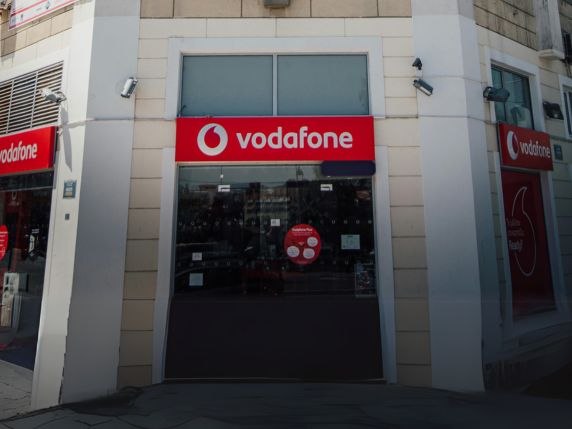They may be the reigning European champions, but some people might argue that Liverpool FC have made some questionable transfer decisions over the years. However, their recent decision to drop New Balance as kit manufacturer and do a deal with Nike could be the most lucrative agreement in their history – unless New Balance are successful in their legal challenge.
Faced with the removal of their name on the kit of the team who are (currently) at the top of the Premier League, New Balance have launched legal proceedings against Liverpool in the High Court claiming the club is in breach of the ‘matching clause’ in their kit contract. The dispute could give New Balance the chance to continue their partnership – but can they keep their contract by citing the breaking of the matching clause?
What is a matching clause?
New Balance have said that the matching clause in their kit agreement with Liverpool means that the club is contractually obliged to tell them about any rival offers from other sportswear manufacturers who want to take over as kit supplier when New Balance’s official contract term ends in May 2020.
A matching clause means that, if New Balance is able to match - or be within a certain percentage - of Nike’s proposed deal, then the contract says New Balance should be allowed to continue as kit supplier (and extend their contract) on materially the same terms as Nike has offered.
What are New Balance’s tactics?
The Court papers appear to show that New Balance claim they can match and equal Nike’s offer and so should be allowed to keep their kit contract alive. Liverpool, having run the numbers based on both deals on the table, apparently reject that statement. Given the well-known success of Nike’s other major contracts in football, this shouldn’t come as a surprise.
According to reports, Liverpool are only guaranteed £30 million a year from the kit deal offer from Nike – around £15m less than their current deal with New Balance. However, the global reach of the sportwear powerhouse and their offer to pay a 20% royalty on net sales of club products looks like it could be enough of a boost to clinch the deal, as it could ultimately make Liverpool a lot more money.
To avoid relegation, New Balance will need to show that they are not just the best team on paper but that their offer, including delivering on future revenue, can match Nike’s.
Avoiding conflict when your contracts end
Whilst we don’t know all of the details of the New Balance and Liverpool case, what we do know is that contractual uncertainty, especially on or around termination, can (and does) lead to disputes, which can create significant costs.
It’s often a difficult conversation for two businesses embarking on a new partnership, but it is important to consider from the outset what will, could or should happen when your agreement comes to an end – however messy that end may be.
To avoid disputes between your partners, providers, suppliers and other third-party stakeholders, it is worth taking the time to carefully draft your contracts to include phrasing on what happens in a variety of termination circumstances. Having a plan in place not only shows you’ve done your thinking on how to protect yourself, but also sets you and your partner up for a relationship where you can work together to your best, knowing there are plans in place should things go awry.
If you are looking to put together a contract that is watertight in protecting your best interests, you can speak to our expert commercial lawyers, who can help you to understand the risks and pitfalls around entering into contracts of any size or duration. If the situation between you and a third party has unfortunately come to a dispute, our commercial contract disputes lawyers can step in to give you advice.
For more on what you need to consider as you join forces with other businesses






